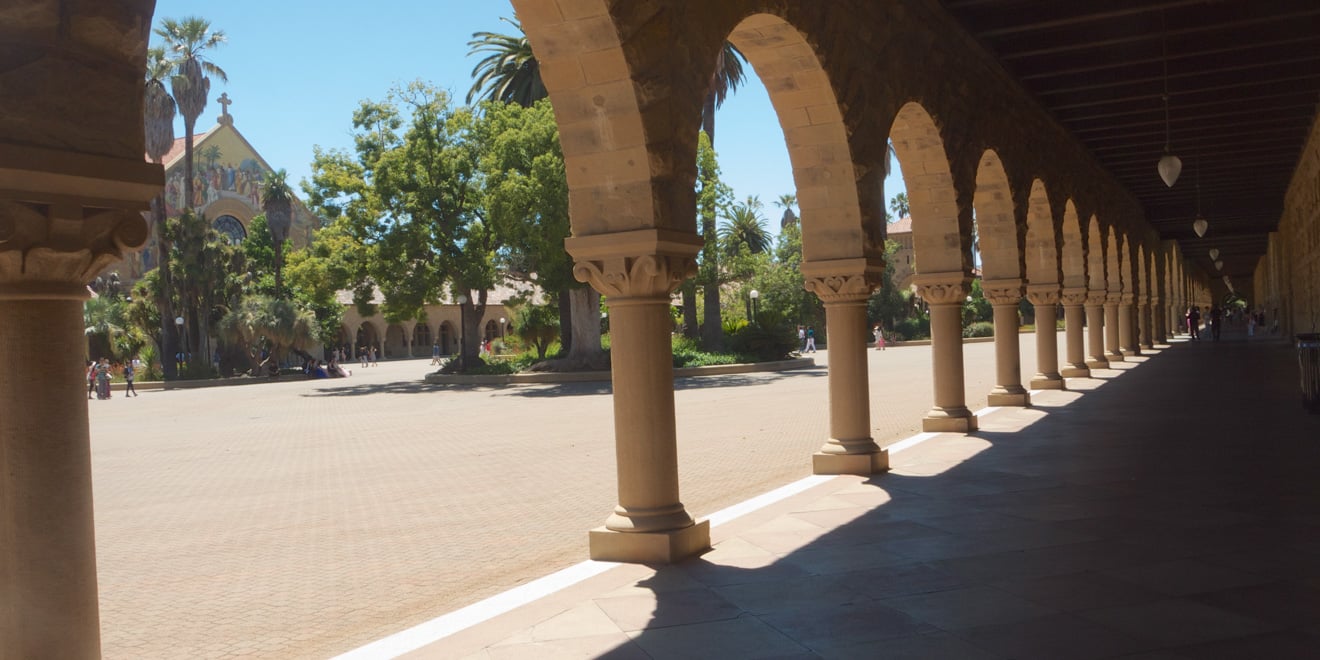When next year’s New Student Orientation (NSO) welcomes the incoming class of 2022 and transfer students, there will be a few changes to its format.
Primarily, the organizers have traded in NSO’s traditional weeklong schedule for a four-day slot in order to allow new students to observe the Jewish High Holiday of Yom Kippur, which will take place from Sept. 18 through 19. NSO will begin the day after, on the 20th.
This condensed orientation program will include more than 250 events to help new students settle into and learn more about life at Stanford.
But despite the shorter duration, this year’s NSO also includes more free time in its schedule to allow for community-building activities in dorms. Anna Stone, assistant director of New Student Programs, attributed this change to feedback in recent years that residence staff doesn’t have enough time to spend with their new freshmen and transfers during orientation.
“For NSO 2018 we have carved out more free time to allow for more space devoted to dorm norm-setting, traditions and bonding activities,” she said. “It is important to allow new students to develop a stronger sense of belonging and comfort in the residences with their dorm-mates, staff and Resident Fellows.”
Orientation Coordinator (OC) Stephen Guerrero ’21 agreed that bonding is an integral part of NSO. He emphasized the friendships he himself fostered through community organizations on campus at the outset of the school year.
“I’m looking forward to working with these organizations to plan events that foster strong connections for the incoming class,” Guerrero said. “I want everyone to have similar good experiences with these organizations [as I did].”
The number of community organizations collaborating with NSO has also increased this year, with one new addition being the Markaz, a campus community center for engagement with Muslim culture.
“We’re really excited to formally welcome The Markaz,” said Program Coordinator Niles Wilson ’17. “The 11 NSO communities are so important to fostering a sense of belonging for incoming students. We’re looking forward to seeing what new events they have planned for orientation.”
This year’s NSO will lack some of the programs held in previous years. For instance, “The Real World: Stanford” — a series of skits and musical performances related to consent, alcohol, and health education — has been removed. Instead, Stone said, the organizers are collaborating with colleagues to “reimagine how health and wellness education can be effectively delivered to students over the summer, during NSO and throughout the first year.”
The “Engaging with Faculty” lecture series, during which faculty members share experiences researching and working with undergraduates, will also be missing from this year’s programming.
Meanwhile, Three Books faculty moderator José David Saldívar, the Leon Sloss, Jr. Professor of Comparative Literature, has selected a theme of “Migration and Globality” for the incoming freshman reading program. The assigned Three Books are “Brother, I’m Dying,” a memoir by Edwidge Danticat; “Signs Preceding the End of the World,” a set of short stories by Yuri Herrera; and “Native Speaker,” a text by Chang-Rae Lee, Ward W. and Priscilla B. Woods Professor of English.
As the end of the year edges closer, student organizers say they are gearing up to receive the new students come September.
OC Jared Hysinger ’21 expressed his anticipation for the arrival of the incoming class, as well as his empathy for their situation.
“I’m just excited to hear from the frosh,” Hysinger said. “The transition to Stanford can be a lot to handle. To be able to calm the nerves of even one incoming student: that’s the reason I took this job.”
Contact Surbhi Sachdeva at surbhi3 ‘at’ stanford.edu
